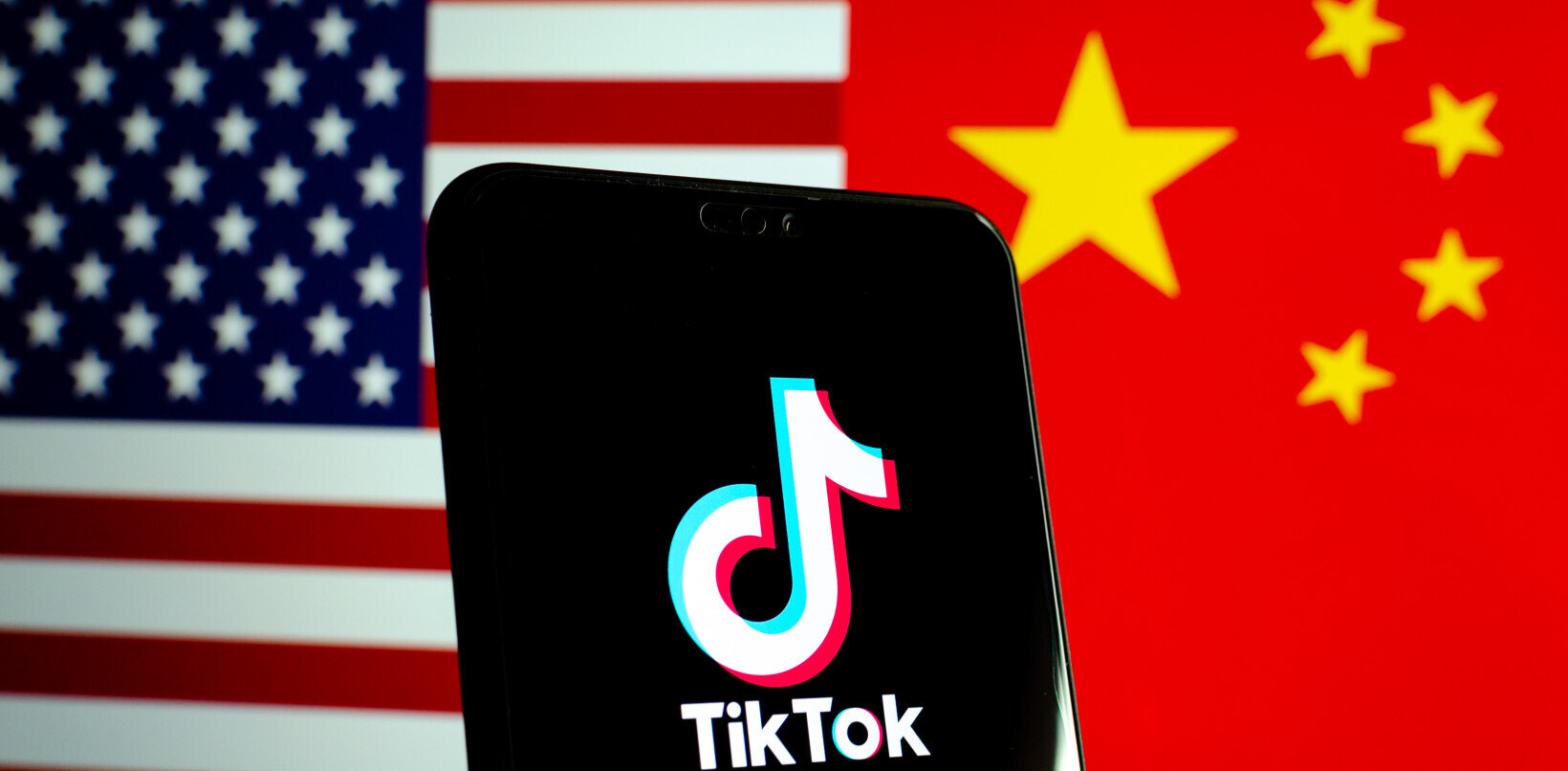
The passing of the Cyber Intelligence Sharing and Protection Act was a dramatic moment. A tense, packed House, fiery ending speeches, and a vote that had been bumped forward by a day that caught many off gaurd. But pass it did, though the speed of its final days did cause it to lose a number of its cosponsors.
The Internet went through conniptions. Many of the digerati, perhaps the less informed wings of that group, told each other stories of woe, should CISPA pass. And so when it did, many cowered before their keyboards, trembling with rage at a legislative body that they felt had betrayed them.
Ha, never fear, that same body is miles from actually getting a bill to the President’s desk, and, of course, it won’t be CISPA. The President said that he wasn’t going to sign it. Here’s the lay of the land, in terms of where cybersecurity legislation currently sits in the US Congress:
- According to The Hill, the slow pace of work on the cybersecurity question is causing some to fret that “time is running out.”
- The legislative calendar only has so many days on it, and with coming elections, less will get done than what might occur during a non-election year.
- Therefore, the idea that time is passing quickly is quite legitimate. The question is whether or not there exists a path forward. TNW wrote on this before, but critically little has changed.
- While some in the House are calling for movement on the issue, and their bill, what they passed is a bill that not only cannot become law, due to the President’s promised veto, and one that is also quite different from what is currently circulating in the Senate.
- The Senate, if it were to pass a cybersecurity bill, likely would include certain mandates for infrastructure security.
- However, the House will not pass any bill that contains mandates, as they do not wish to add even another pen stroke of regulation to the country.
- Thus, what can pass the House can’t pass the Senate, and vice versa.
- The leading Senate bill, the Lieberman-Collins bill, may not even make it to a vote in the Senate, due to minority opposition.
- Thus, the Senate might not be able to pass a bill at all, delaying reconciliation between the two chambers, well, interminably.
All this, and more, is what is keeping Congress from doing much of a damn thing on the issue of cybersecurity.
So, if you thought that Congress proved that it is ‘broken’ by the passage of CISPA, good news, the current Congress’s ability to get nothing done whatsoever means that the Internet is safe from CISPA not just now, but likely, for some time to come.
The downside to this is that a good cybersecurity bill is something that we do need; critical infrastructure must be protected. The problems that are going to keep out a bill that was not fit for passing means that we won’t be able to pass a bill that would be.
Get the TNW newsletter
Get the most important tech news in your inbox each week.





